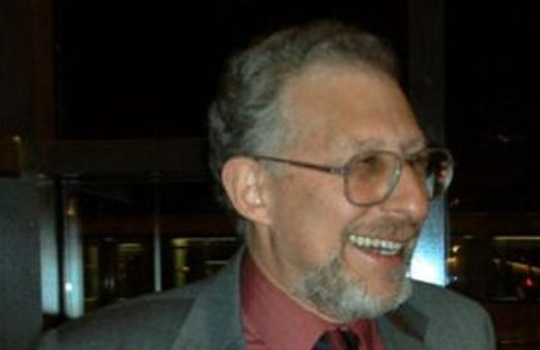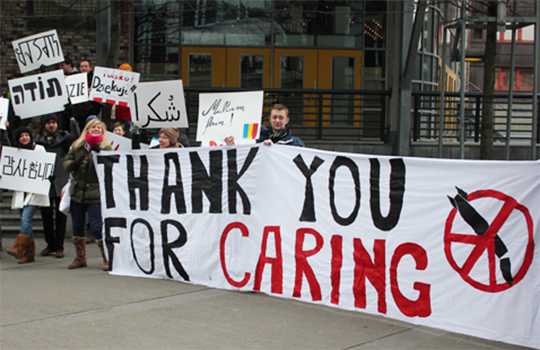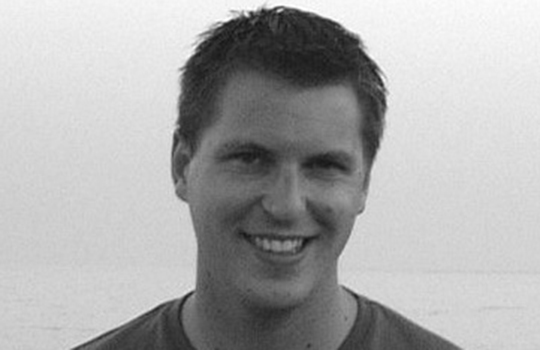The words automaton, android, replicant, and robot refer to pretty much the same thing. The word automaton (Greek αὐτόματον, a marionette), describing a device that moves by virtue of a concealed mechanism, entered English at the start of the 17th century and was applied to instruments such as clocks, clockwork toys, and mechanisms designed to […]
Jeffrey Aronson: When I use a word . . . Automata, androids, replicants, and robots






